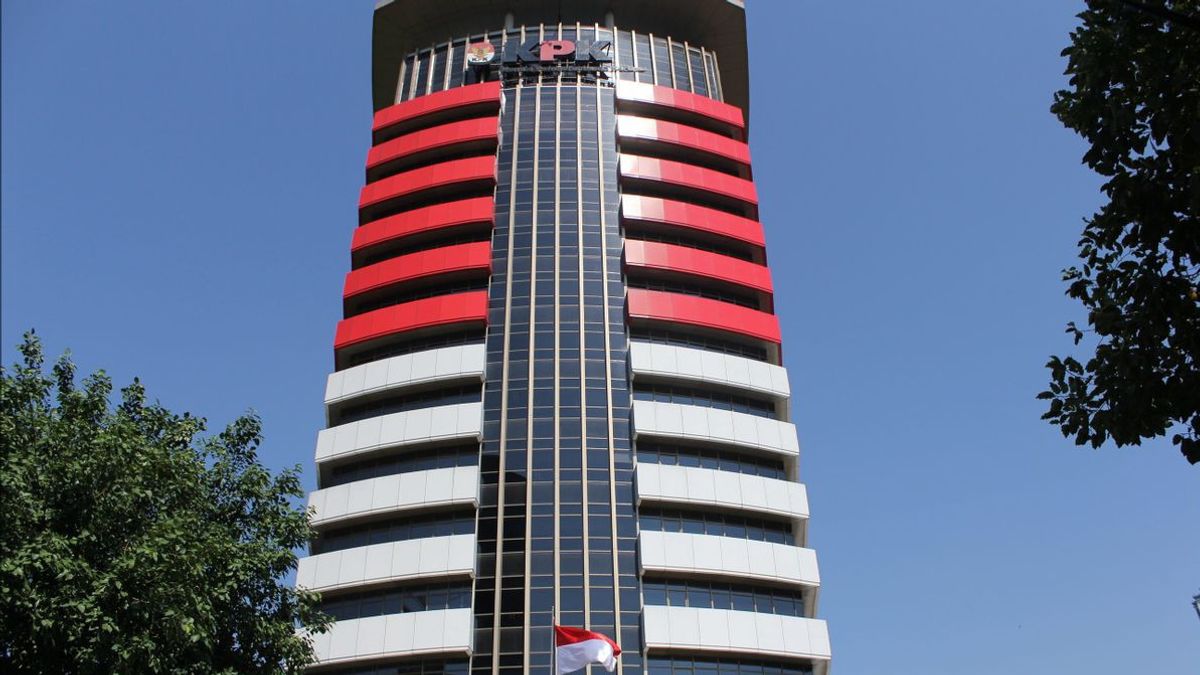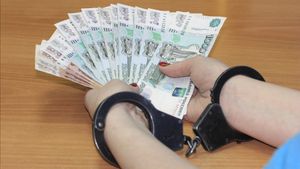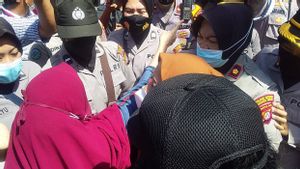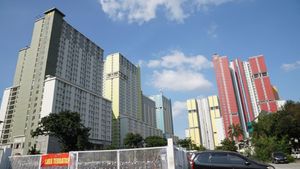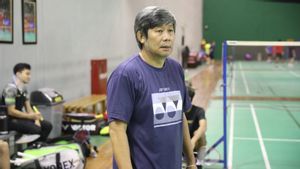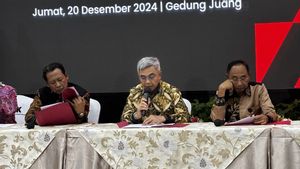JAKARTA - The Corruption Eradication Commission (KPK) has responded to the criticism of Indonesia Corruption Watch (ICW) regarding lawsuits that are still considered light and do not have a deterrent effect.
Acting Corruption Eradication Commission (KPK) Spokesperson for Enforcement Affairs Ali Fikri said that currently, his party is not only focused on punishing corruptors with high demands. However, the KPK also charged the perpetrators of corruption with various additional sentences ranging from fines to confiscating their assets.
"The Corruption Eradication Commission (KPK) is also trying to bring lawsuits against the imposition of fines, replacement money, or confiscation of assets resulting from corruption or asset recovery enjoyed by corruptors," Ali said in a written statement to reporters, Tuesday, March 23.
Moreover, differences in charges between one corrupt actor and another are normal. Ali said that this could happen because each case had different characteristics.
"Apart from that, the reasons for mitigating and burdening the defendant's actions are of course also a difference between one corruption case and another," he explained.
Meanwhile, to reduce disparities between corruption, the Corruption Eradication Commission has actually prepared guidelines for prosecuting corruption and money laundering (TPPU). Ali said that the guidelines were now in the finalization stage.
In addition, the Corruption Eradication Commission (KPK) is currently working to resolve cases related to the article on state losses, gratuities, and money laundering.
"Because the measure of the success of the Corruption Eradication Commission, particularly in the field of prosecution, is not actually measured by the number of arrests carried out and it has resulted in the application of the article on bribery," said Ali.
Previously reported, ICW monitoring in 2020, the average demands submitted by the Corruption Eradication Commission (KPK) reached 58 months or less than five years. Meanwhile, the Attorney General's Office only prosecuted the defendant in a corruption case for 48 months or 4 years.
It's just that, even though the KPK's achievement is higher than that of the Attorney General's Office, this figure has actually decreased compared to the previous year.
"There is a downward trend when compared to last 2019. In that year, the average KPK demand reached 5 years and 2 months in prison," said ICW researcher Kurnia Ramadhana in her online presentation.
SEE ALSO:
With this condition, the five KPK leaders were asked to pay attention. "Also pay attention to the performance of the public prosecutor at the trial," he said.
Monitoring of these charges also looked at the average based on the background of the defendant's occupation. "For example, a defendant who falls into the job category as a state civil servant has only 3 years and 6 months imprisonment," he said.
"Whereas based on Article 52 of the Criminal Code it is explained that if a person holds a position, the sentence must be heavier," added Kurnia.
This anti-corruption activist also touched on the still rampant charges against perpetrators of corruption, both by the Corruption Eradication Commission and the prosecutor's office. Kurnia said, in 2020, there were 736 defendants who were rewarded with light sentences.
"Then 512 categories were moderate, and only 36 people were given heavy verdicts," explained Kurnia.
The English, Chinese, Japanese, Arabic, and French versions are automatically generated by the AI. So there may still be inaccuracies in translating, please always see Indonesian as our main language. (system supported by DigitalSiber.id)
